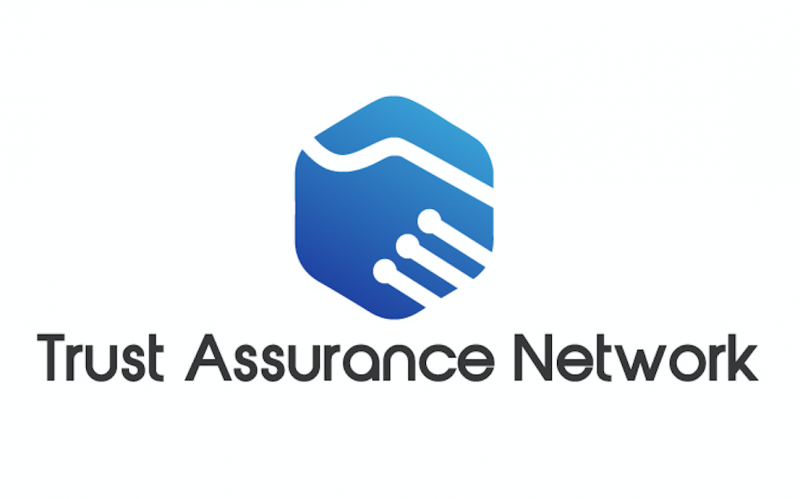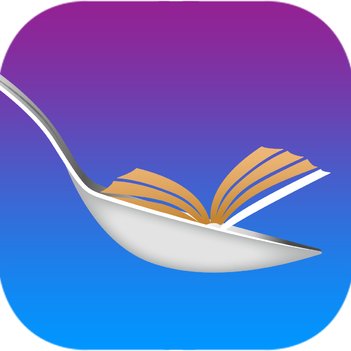Companies
Reestablishing trust in education (most of our users don’t realize that they’re using blockchain)

By Bart Meltzer
CEO and founder, Trust Assurance Network
Special for Santa Cruz Tech Beat
December 10, 2019 — Santa Cruz, CA
As far as inspiration for new businesses go, few things are more compelling than protecting your own loved ones.
As a long-time Santa Cruz area resident and software architect doing early work in e-commerce with technologies like XML, I have been used to concrete, profit-driven business cases. And there’s nothing wrong with that! But with the launch of my latest endeavor this week – the Trust Assurance Network – I’ve found that the inspiration behind your business can profoundly impact how you approach a problem and how it can lead to genuine innovation.
Our primary mission at the Trust Assurance Network is to help learners of all ages learn more effectively online while keeping them secure. Among other things, that means the ability to trust the information that comes out of educational and learning systems. While that sounds straightforward enough, simple goals can have challenging solutions.
My journey began in a very basic way
Like the vast majority of parents today, I’m involved and invested in my children’s education. And like most of us, I also am constantly searching for ways to validate my information sources, particularly in this era of “fake news.”
Three years ago, my company SpoonRead launched a mobile, gamified platform where kids in grades K-6 read the full text of a book on a tablet, phone or Chromebook and answer basic comprehension questions after each chunk or “spoonful.” Points are awarded for successful reading which makes reading a game kids want to play. SpoonRead is positioned not as a supplemental software product, but rather as a school fundraiser. Parents buy the eBooks and a portion of each purchase goes to benefit the school.
How do we keep our kids 100% safe online?
Since I started with a focus on new models for learning my use case questions started with, “How do we keep our kids 100% safe online but let them read books?” and “How can we let our kids make transactions online without giving up their personal information?”
More quandaries
Our team’s solutions to these questions raised even more widely applicable quandaries.
- How do you provide fully transparent accounting for organizations raising and managing money?
- How do you add integrity to information, especially around educational records both inside and outside the formal education system?
- How do you change the economics of education by using peer to peer connections to receive academic support?
As new learning models proliferate and education moves into the digital realm, answering these questions becomes increasingly critical. Without good answers, it was clear that online education and learning could potentially be in big trouble.
Beyond just blockchain
In searching for our answers, blockchain was an obvious starting point, but glaring issues with performance, ease-of-use, integration, and other problems forced us to build a new system from scratch. The result of our efforts is a compelling technical architecture that leverages blockchain but significantly improves its use, making it essentially transparent to the teacher or administrator using the system. In fact, most of our users don’t realize that they’re using blockchain at all.
The recent college admissions scandal
When thinking about how this could apply to the current education ecosystem, one need look no further than the recent college admissions scandal. As you may recall, the FBI has brought bribery charges and quite a few guilty pleas from faculty at places like Stanford, UCLA, USC, and several others. Had these institutions used a blockchain system to validate their records, thus demonstrating true achievements by the students, there is very little chance that these kinds of schemes could have flourished.
The need for renewed trust is going to make or break education as we know it.
As newer alternative models for learning and skill acquisition continue to displace legacy, institutional models, this need for renewed trust is going to make or break education as we know it. Fraud, privacy issues, accurate records of individual learning achievement (both formal and informal) and the reputation of their provenance are all barriers to developing a new system for exchanging value and recording progress in education across a heterogeneous landscape of learning and education providers. The critical missing element for today’s education market is the ability to establish an easy-to-use and secure means of exchange between learners, peers, institutions and the vendors that serve them.
Our team has taken an important step in filing that void with the launch of the Trust Assurance Network. Other solutions and the cooperation of stakeholders throughout education will also be required. But no matter what, reestablishing trust in our educational ecosystem is an issue that must be solved. Our children’s future depends on it.
###
Tagged SpoonRead, Trust Assurance Network





